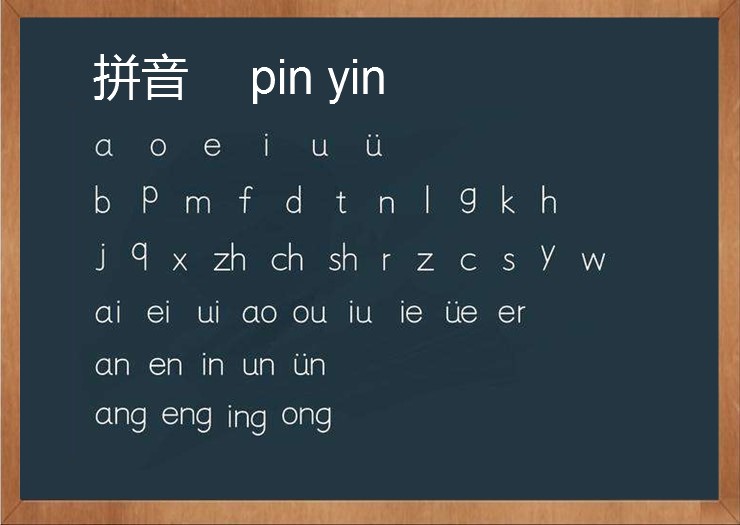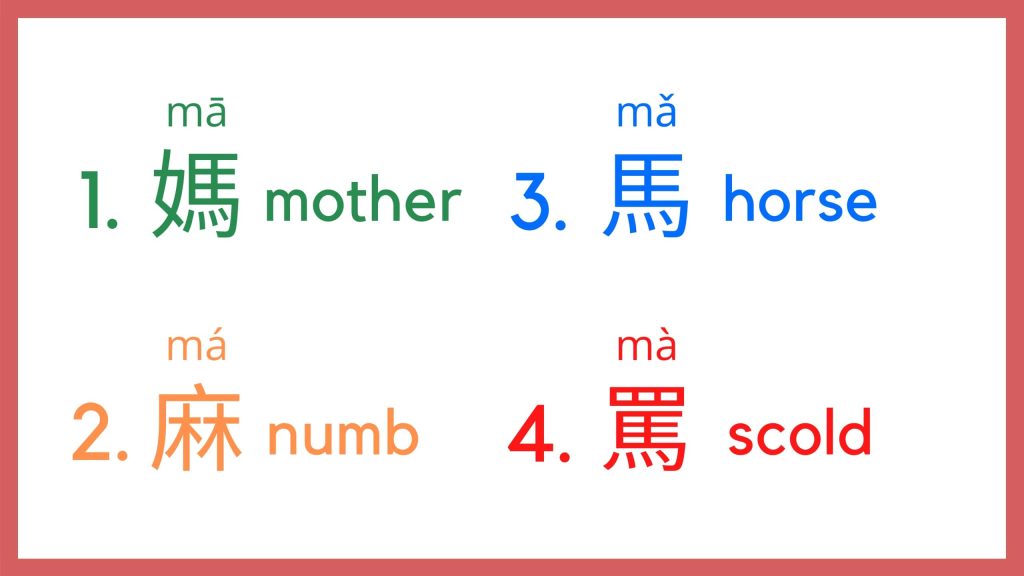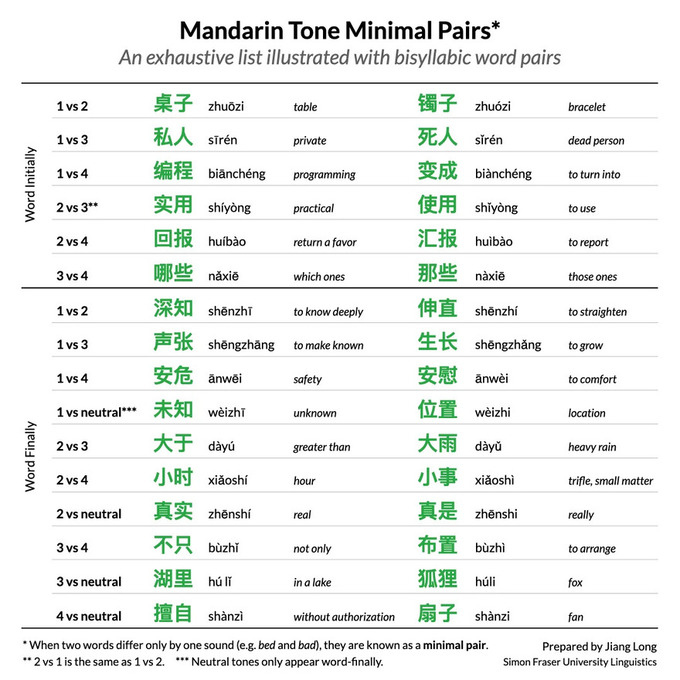A Step-by-Step Guide to Improve Chinese Pronunciation
If you’re eager to accelerate your overall learning journey, be sure to also explore our guide on how to learn Chinese fast first. In this guide, we focus on practical techniques, exercises, and helpful tips to on how to improve Chinese pronunciation.
Build a Strong Foundation with Pinyin

A strong Pinyin foundation is key in learning Chinese for beginner, showing how much it streamlines the learning process. With Pinyin under your belt, you’ll have a much easier time figuring out how any Chinese word should sound, even if you’ve never seen it before.
Understand and Practice Mandarin Tones

There’s a truth that, in Mandarin, tones aren’t optional – they’re crucial! The biggest benefit of practicing them diligently is that you’ll be able to avoid embarrassing (and potentially confusing) misunderstandings. For example, a slight mispronunciation could turn “mother” into “horse”! This makes a strong understanding of tones essential for anyone serious about speaking Chinese.
Listen and Imitate Native Speakers

Chinese pronunciation is also about the flow, the rhythm, and the intonation of the language, which can only be acquired through exposure to native speakers. Therefore, if you are looking for how to learn Chinese pronunciation, do not just learn individual sounds but also the natural way they combine into speech by using listening and imitating technique of shadowing speech.
Use Technology to Your Advantage

When thinking about how to improve Chinese pronunciation, the biggest benefit of using technology is that it serves as a fantastic supplement to more traditional methods. From interactive games and quizzes to audio recordings and speech recognition software, you can engage with Chinese pronunciation in numerous ways, which keeps the learning process interesting and effective.
Practice Regularly with Tongue Twisters and Poems

Tongue twisters (绕口令) and poems (诗歌) are excellent tools for developing sensitivity to the subtle differences in Chinese sounds. By listening to and repeatedly attempting these complex combinations, you’ll not only train your ear to recognize nuanced tones but also push yourself beyond your comfort zone, leading to more confident and accurate pronunciation.
Get Real-Time Feedback from Native Speakers or AI

The capacity for real-time feedback to significantly boost pronunciation proficiency should not be understated. Native speakers can point out specific nuances in your pronunciation that a textbook or recording might miss, while AI tools can identify precisely which sounds or tones you need to work on. Therefore, you get targeted feedback that meets your needs.
Break Down Words into Syllables

When you’re facing a new and complicated Chinese word, breaking it down into syllables is like having a cheat sheet. Once you master the individual sounds, you can smoothly blend them into cohesive words and phrases. For further tips, check out our article about how to memorize Chinese characters.
Use Minimal Pairs for Tone Training

Minimal pairs are words that differ only in tone, such as “ma” (妈 – mother) and “ma” (马 – horse). By practicing these words that differ only in tone, you’re training your ear to catch even the subtlest tonal changes in everyday conversations, which is essential for mastering how to improve Chinese pronunciation effectively.
Combine Pronunciation with Grammar Practice

Grammar rules can be abstract without context, but when you practice grammar with a focus on pronunciation, you’re immediately putting your knowledge into practice. You’re not just learning about sentence structure, you’re actively using it, shaping the sounds and flow of real sentences, thus reinforcing your understanding.
How to Track Your Progress in Pronunciation
Record and Analyze Your Speech

Sometimes, we’re not the best judges of our own progress, and that’s okay. Recording and analyzing your speech offers an objective perspective. You hear yourself as others do, which helps you notice pronunciation mistakes that you might otherwise miss. This targeted feedback is invaluable for focusing your practice efforts where they are needed the most.
Join Language Learning Communities

It’s often said that language learning is a marathon, not a sprint. Joining language learning communities is a great opportunity for you to access diverse feedback on your pronunciation. You’re not just hearing yourself or relying on a single teacher, but you’re getting input from a range of learners and native speakers, which provides a more well-rounded perspective on your progress.
Set Realistic Goals for Improvement

Setting unrealistic goals can lead to frustration and burnout, but setting realistic ones helps you avoid this pitfall as you strive to improve Chinese pronunciation. Instead of vague aspirations, you have concrete targets that you can work towards and assess, giving you a clear sense of what you’ve achieved and what steps you need to take next.
Conclusion
Improving Mandarin pronunciation takes time and consistent effort, but the rewards are well worth it. By following these strategies, you’ll develop a clearer and more confident speaking style.
If you want to take your Chinese pronunciation to the next level, Join GuruLango today and get access to expert-led lessons, real-time feedback, and interactive practice tools to learn Chinese pronunciation with confidence!